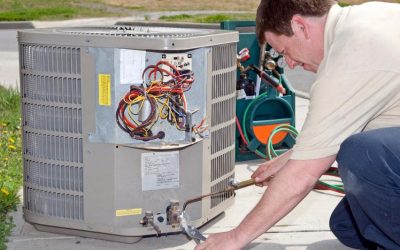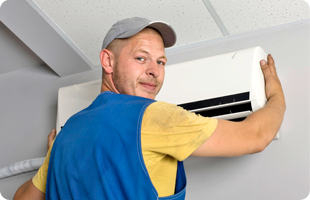Dealing with Water Restoration in Charleston SC, can cause some people to panic. It’s important that people stay calm after they realize their properties have suffered a significant amount of water damage. The first thing to do is contact a quality company to get the damage taken care of. Before speaking to a company representative, be sure to have some information on hand. Damage victims should have the name of their insurer, know what caused the damage, and know if there is a power outage. This can help a contractor better prepare to deal with the situation.
When a contractor responds to a call for Water Restoration in Charleston SC, there are certain steps they will take. Damage assessment has to always be done. Contractors will examine the area to find out just how extensive the damage is. Before any damage can be fixed, the source of the water problem must be located and stopped. The water coming into the area will also be checked to see if it is contaminated. Clean water will be dealt with much differently than contaminated water. Potential contamination is one reason homeowners shouldn’t attempt to deal with flooding on their own.
Once contractors know how much damage they are dealing with, they will work hard to get rid of the water. Most of the water will be removed during the extraction process. In some cases, belongings will have to be moved out of the home for water to be extracted. Restoration companies will actually help people move their possessions, so there isn’t any chance of more damage. Pumps and vacuums are used to get rid of the water. Contractors can also make use of infrared cameras to find water hidden in a flooded area. Getting rid of hidden water and moisture is how future problems can be prevented.
After most of the water have been removed, Preferred Home Services and other contractors have to allow things to dry. Dehumidifiers can be used to hurry along the drying process. It’s important for things to completely dry so the threat of mold can be eliminated. Mold is one of the most common problems associated with out-of-control moisture. Visit our Google+ page for more information.


